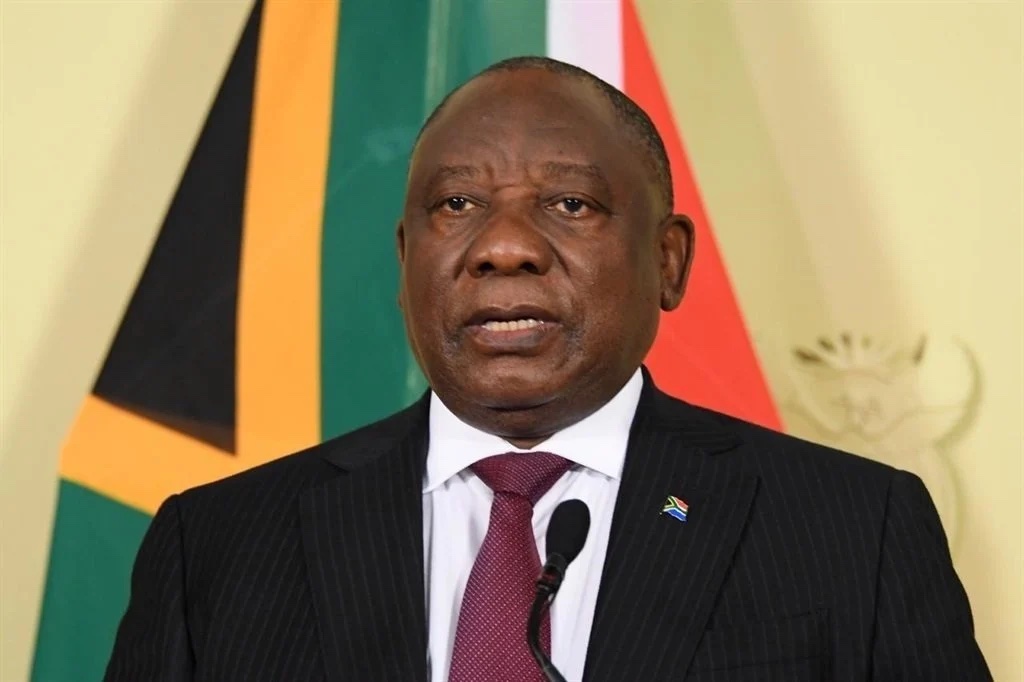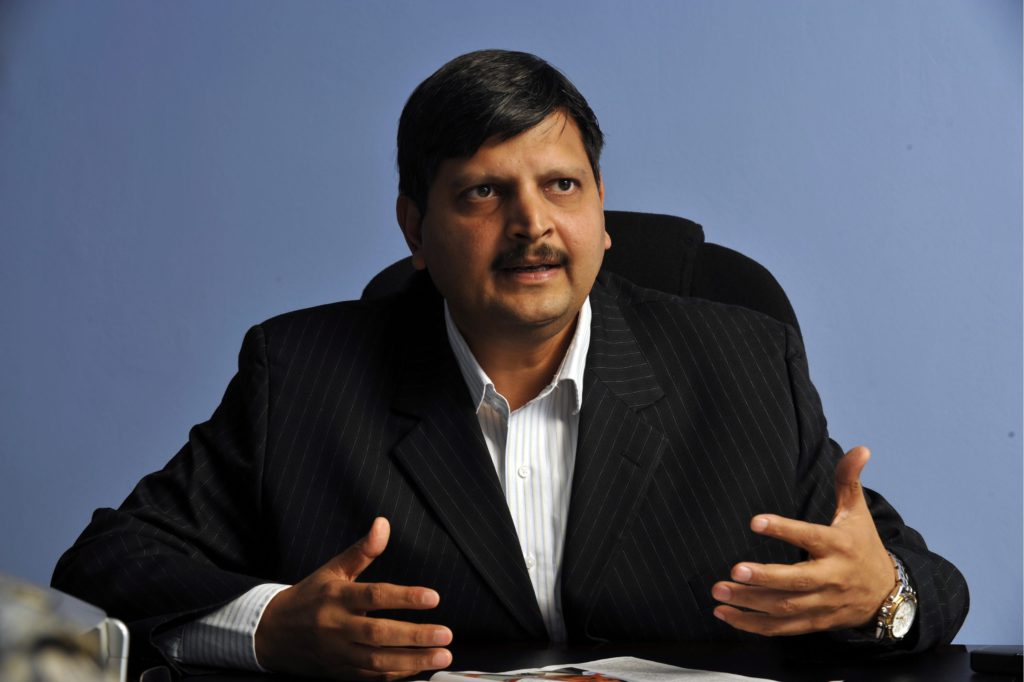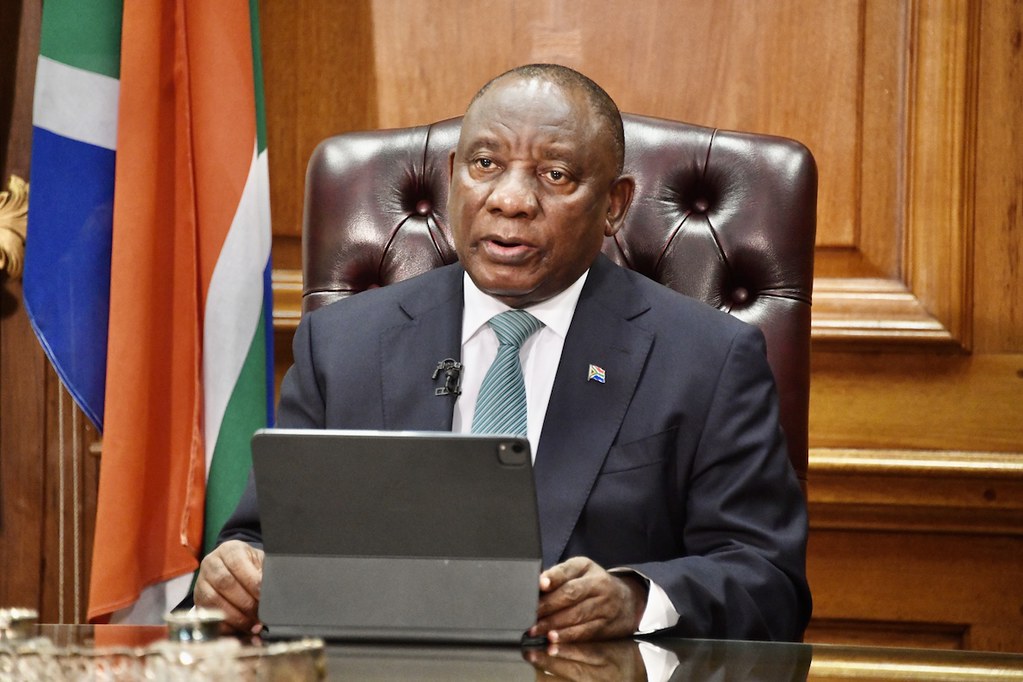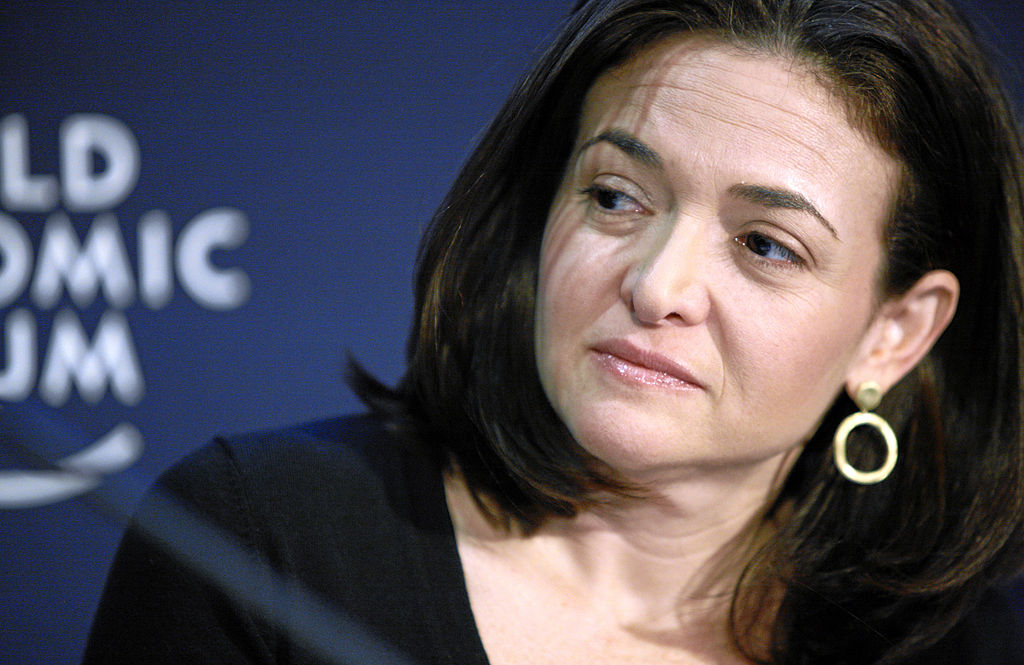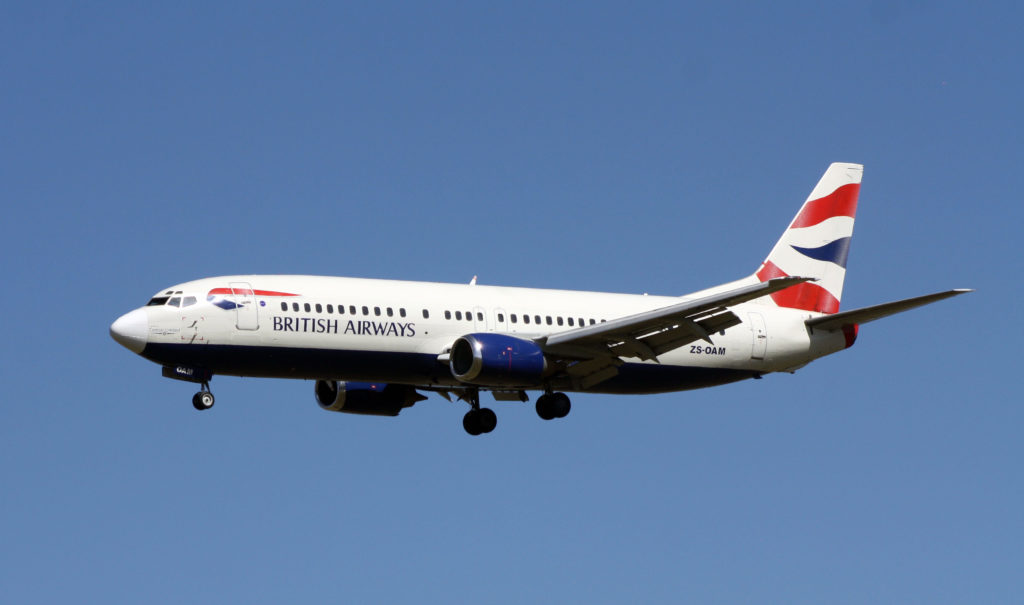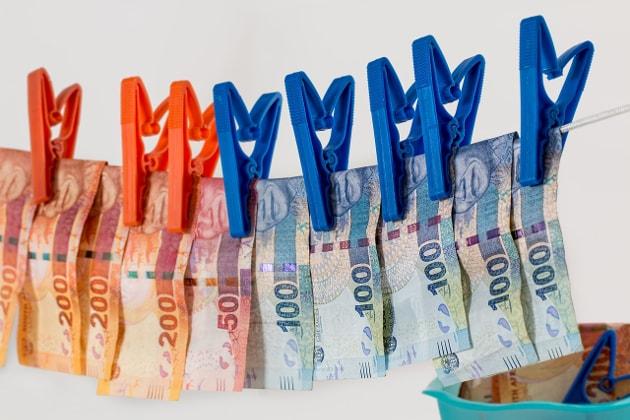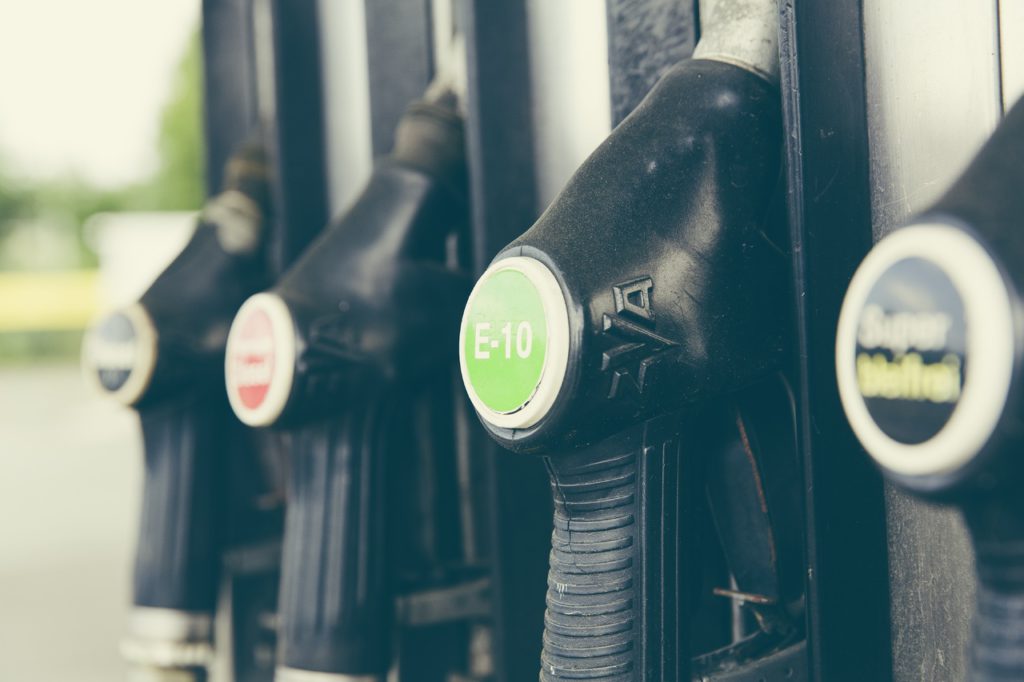And just like that, the National State of Disaster was lifted last night after President Cyril Ramaphosa made a televised address to the nation.
The move comes after South Africa spent the past 750 days in some form of lockdown.
The president removed all the remaining restrictions imposed on the country and there are no longer any alert levels, but the lifting will change little in the immediate future as a mask mandate for indoor venues and other transitional measures remain in place for the next 30 days.
Ramaphosa cited lower daily deaths due to Covid-19 and lower hospital bed occupation as an indicator that the time is right to remove restrictions.
Currently out of 108,000 hospital beds, only 1,805 are occupied by Covid-19 patients, while just 175 ICU beds out of a total of 5,600 are occupied, said the president. In the past week, the highest daily death tally has been 12, compared to the high of 240 that was seen during the fourth wave in February.
The plan to tackle and manage Covid-19 will be implemented through the National Health Act.
The draft regulations are currently available for public comment until April 16, and once all comments have been considered the new regulations will be implemented.
During the transitional period, some restrictions remain in place, but these will automatically lapse after 30 days.
These include:
- Wearing face masks in an indoor public space.
- The existing restrictions on gatherings will continue.
Both indoor and outdoor venues can accept 50% of capacity subject to vaccination or a Covid test. Gatherings of 1,000 people indoors and 2,000 people outdoors are permitted for the unvaccinated.
- Travellers entering South Africa will need to show proof of vaccination or proof of a negative test.
- The R350 SRD grant will remain in place, with the Department of Social Development finalising separate regulations allowing it to continue.
- The directions extending the grace period for driving licences remain in place.
You can read President Ramaphosa’s full speech here.
In the markets, the rand kept within a tight trading range yesterday, ending firmer at R14.58/$ despite a softer euro as exporter dollars continue to underpin the price.
This morning, the local unit is trading unchanged. Most other EM currencies are trading flat today in a quiet Asian trading session as Chinese markets remain closed for the public holidays, comments TreasuryONE.
On the commodity front, gold closed firmer yesterday while platinum and palladium ended unchanged.
This morning gold is trading flat at $1,930, platinum is slightly weaker at $983, and palladium is slightly higher at $2,295. The prospect of increased energy sanctions on Russia has boosted the oil price, with Brent now trading at $108.90, says TreasuryONE.
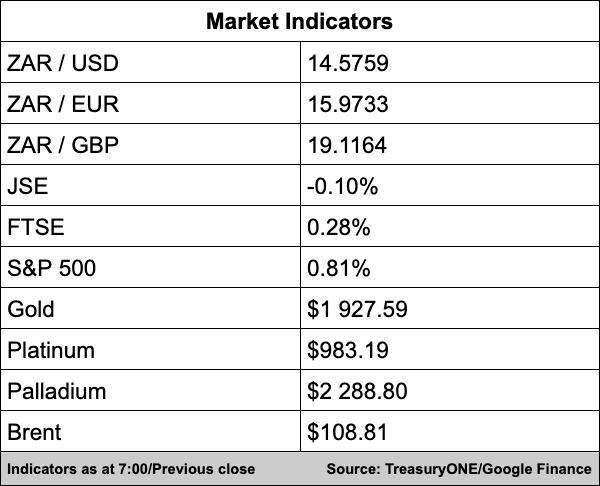
Here’s a roundup of the world’s top and most interesting headlines:
SA Business
Domestic travel at ACSA airports only at 56% of pre-pandemic traffic, and that’s the good news – Fin24
SA banks to be the least affected by the Russia-Ukraine war among emerging markets – S&P report – Fin24
Sugar tax on drinks postponed until 2023 – Mail & Guardian
Global Business
Russian Space Agency Head Threatens to End ISS Missions – Bloomberg
China 737 Jet-Crash Clues Awaited as Black Boxes Arrive in U.S. – Bloomberg
Over $2 billion worth of yachts belonging to Russian oligarchs have been seized in Europe so far – Business Insider
Markets
Oil climbs on prospect of fresh Russia sanctions – Investing.com
Asia shares hover at 5-week highs, euro on defensive – Chanel News Asia
Oil extends rally on Russia sanctions bets, stocks wobble – AFP
Tech
Musk’s ‘Passive’ Twitter Stake Starts With Poll on Edit Button – Daily Maverick/Bloomberg
‘Monopolies Must Go’: Tech Giants Feel Rivals’ Antitrust Wrath – Bloomberg
U.K.’s Royal Mint to Issue a Non-Fungible Token This Summer – Bloomberg


